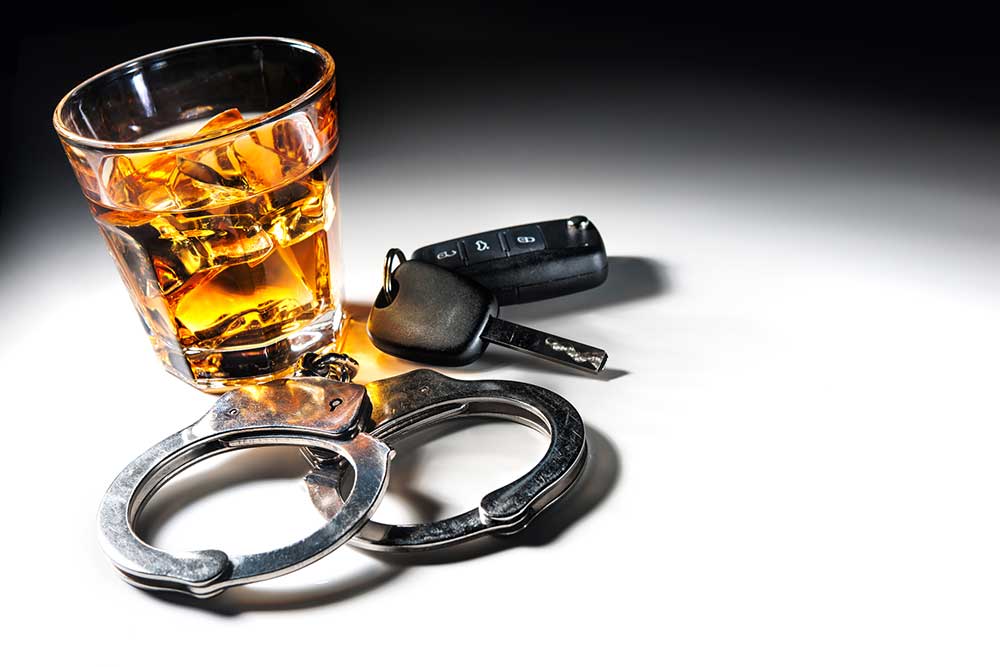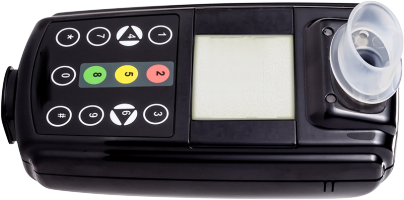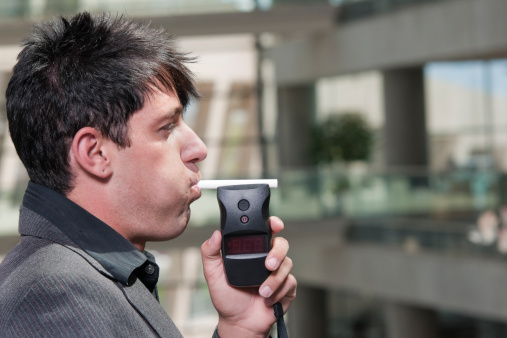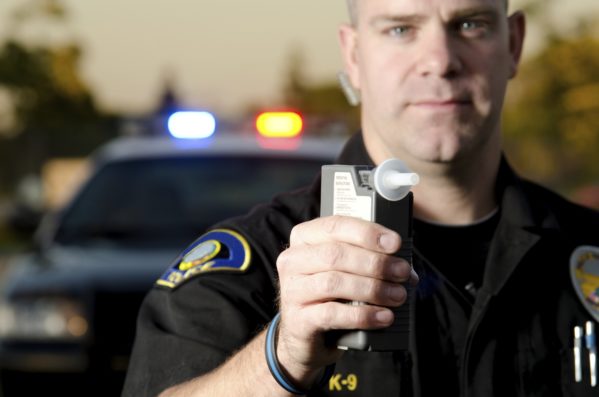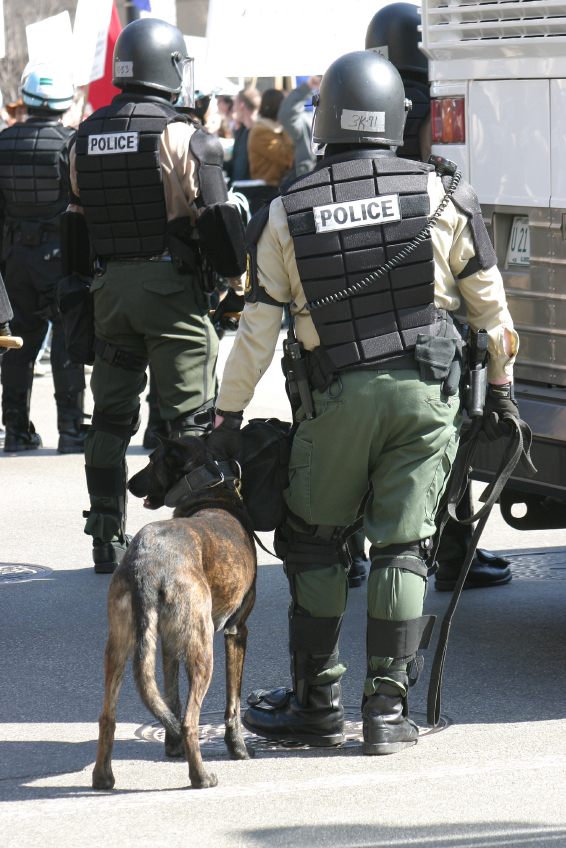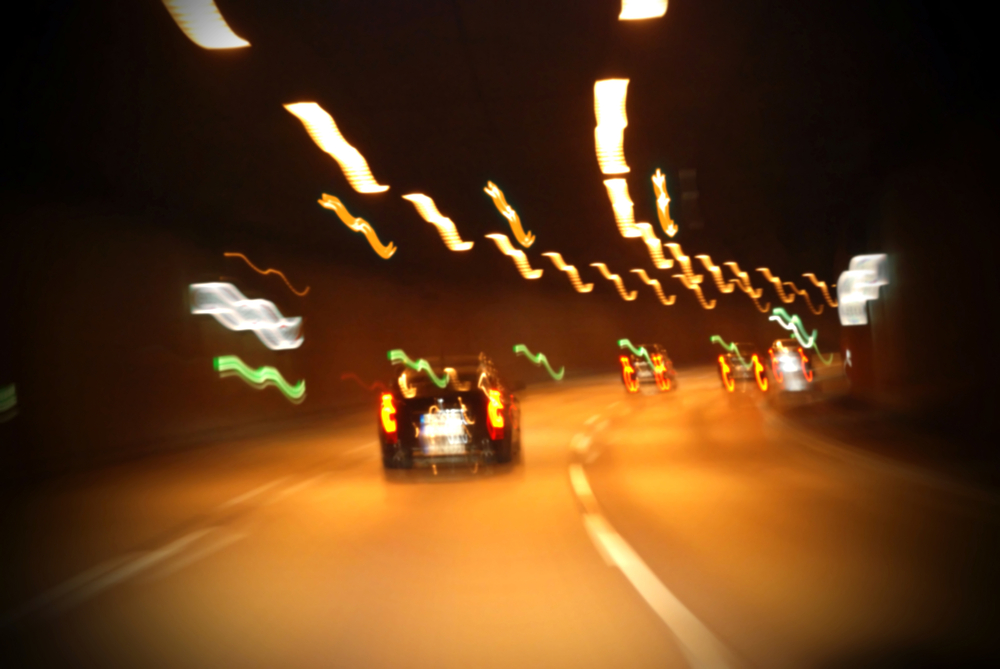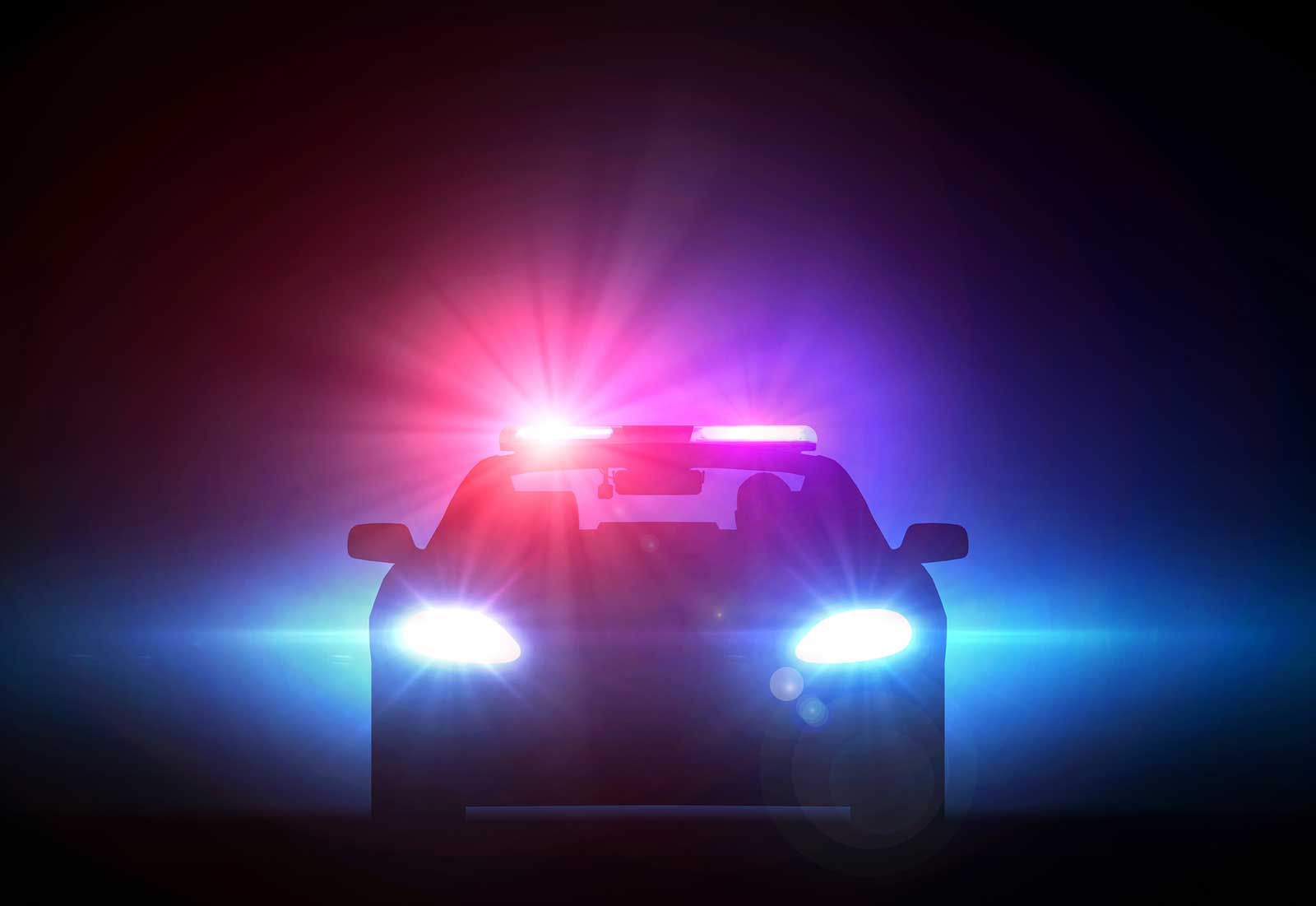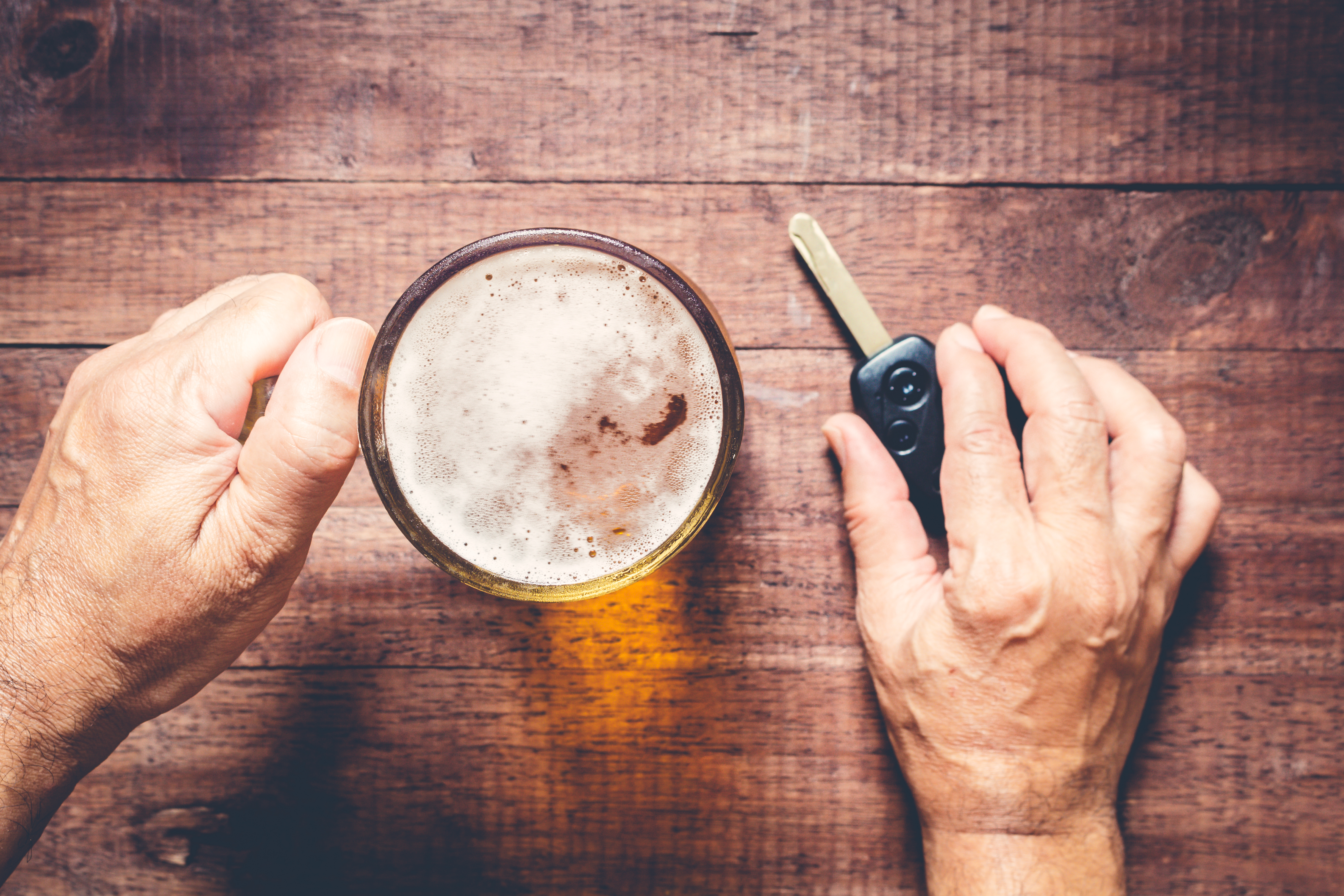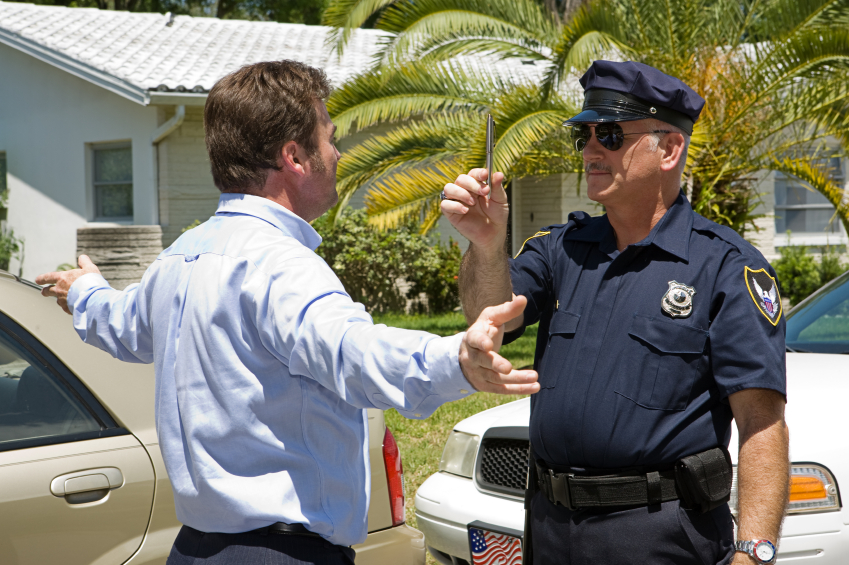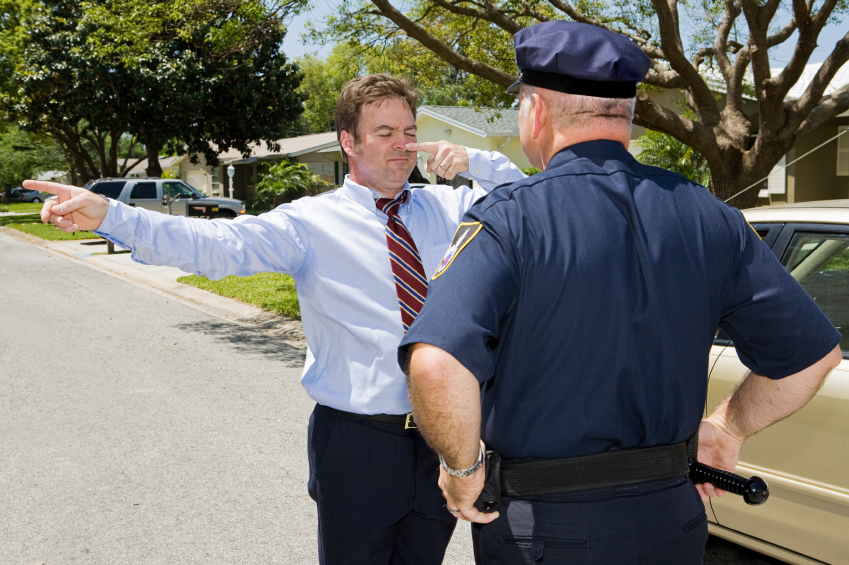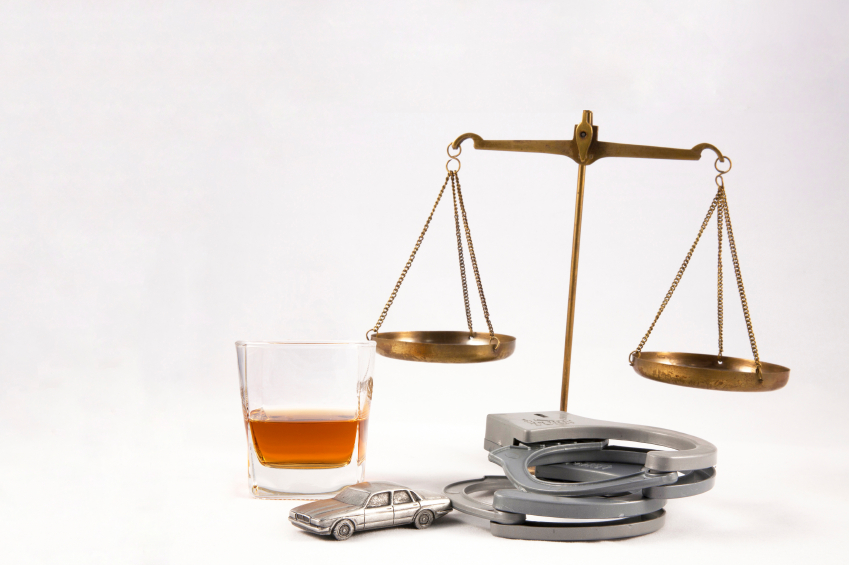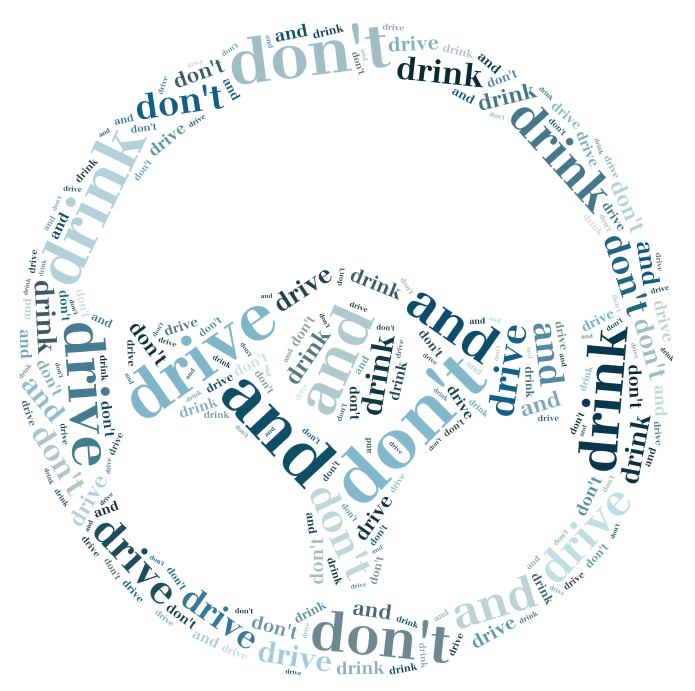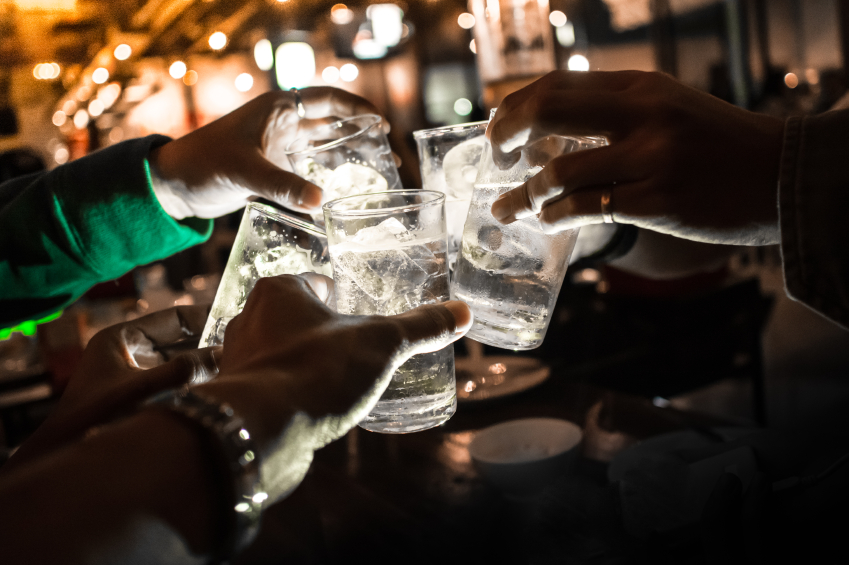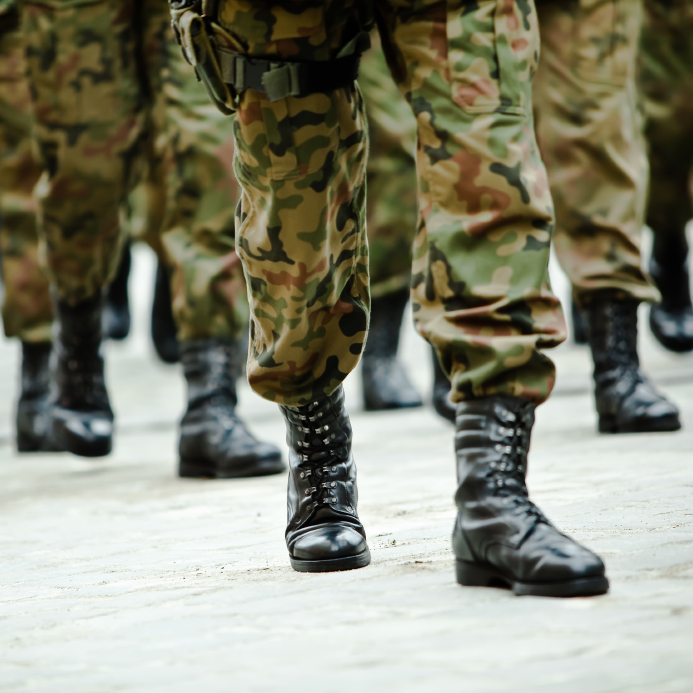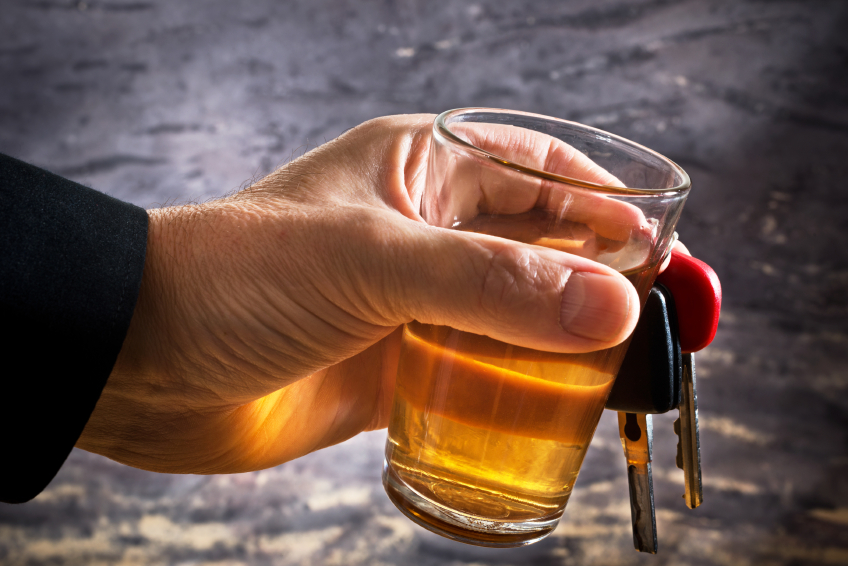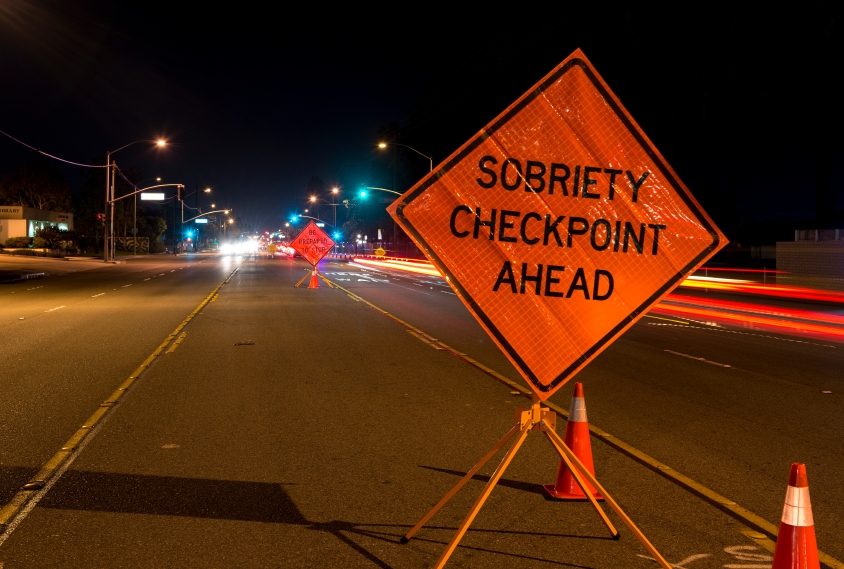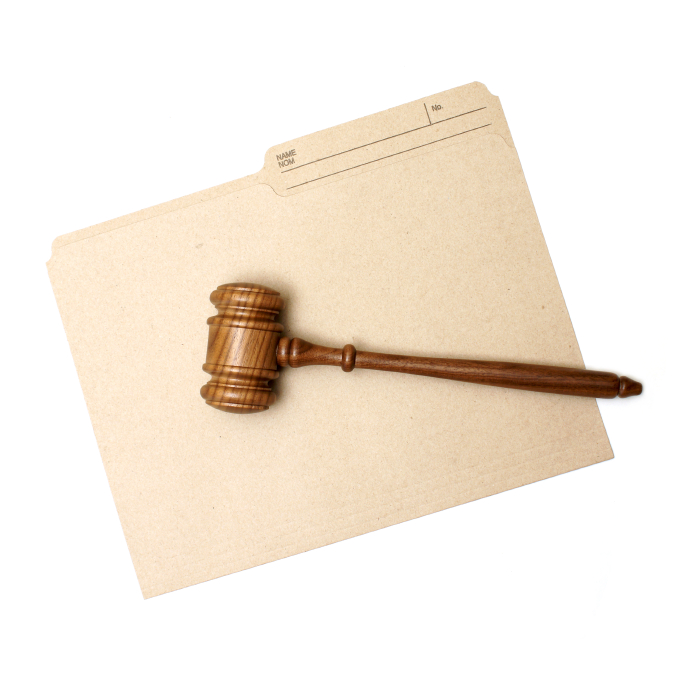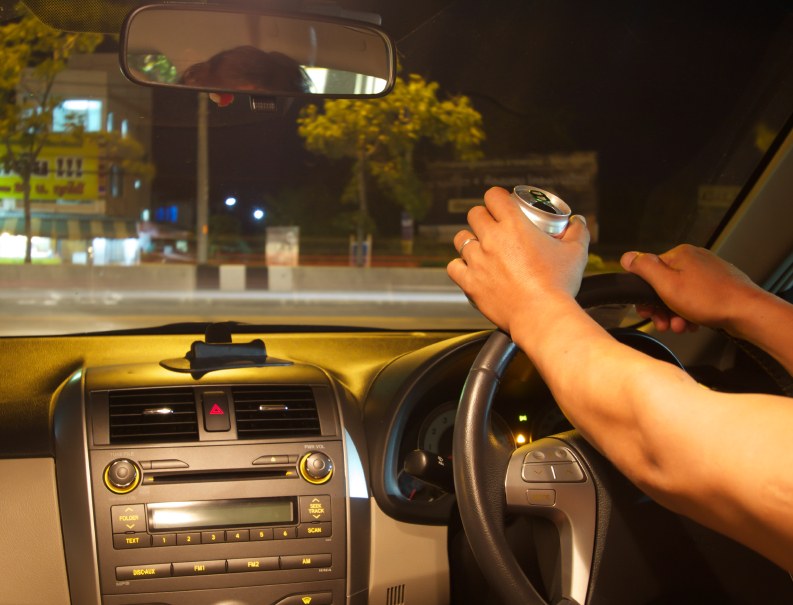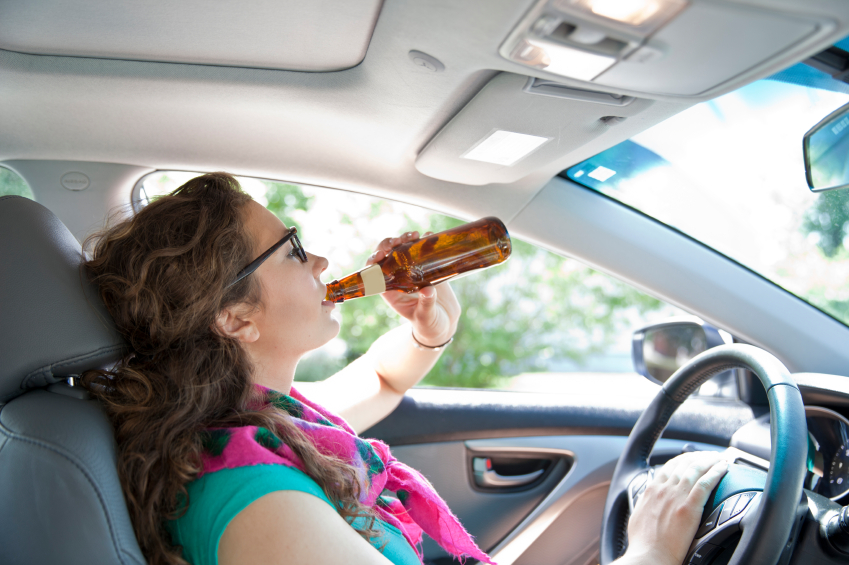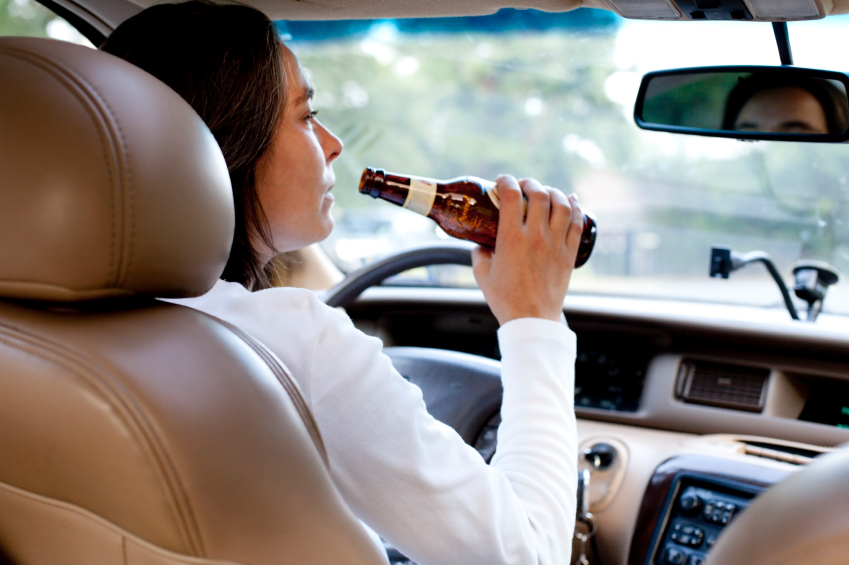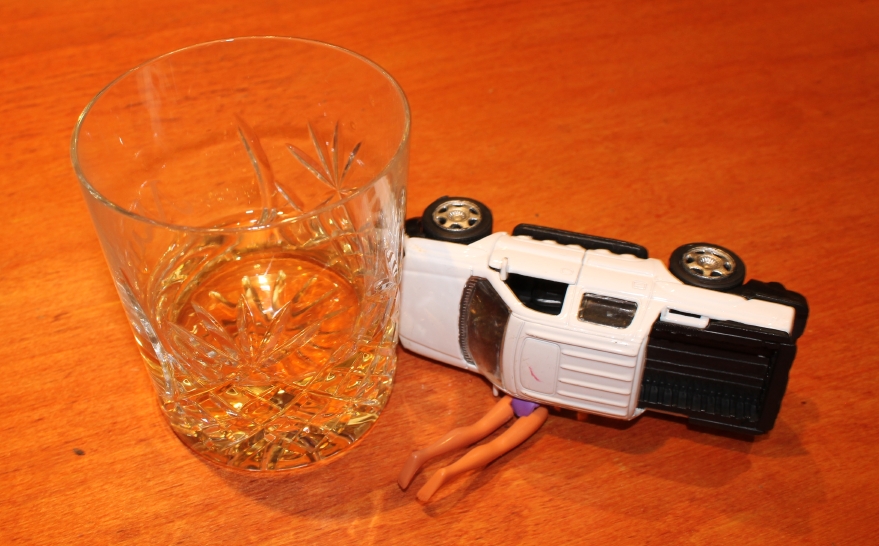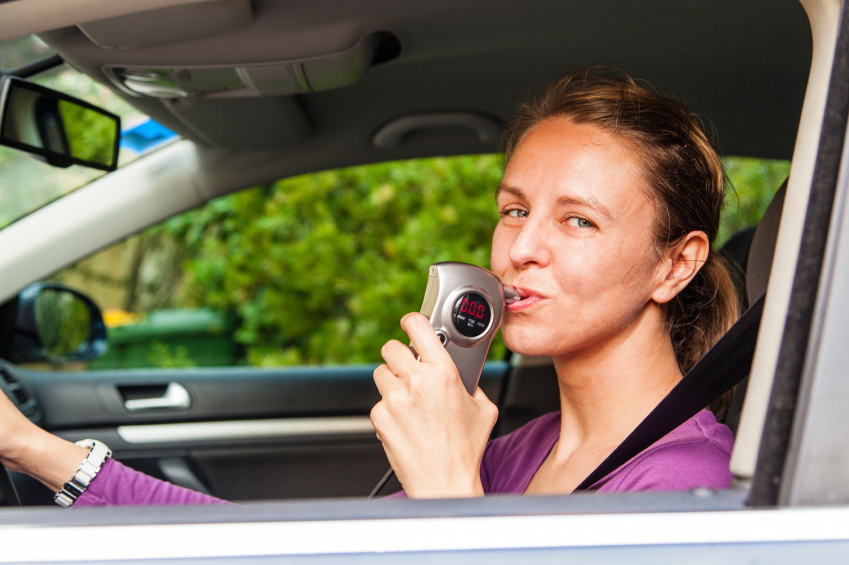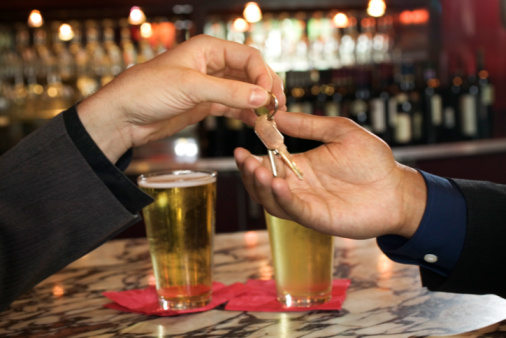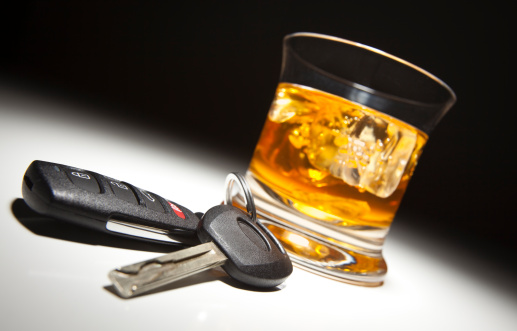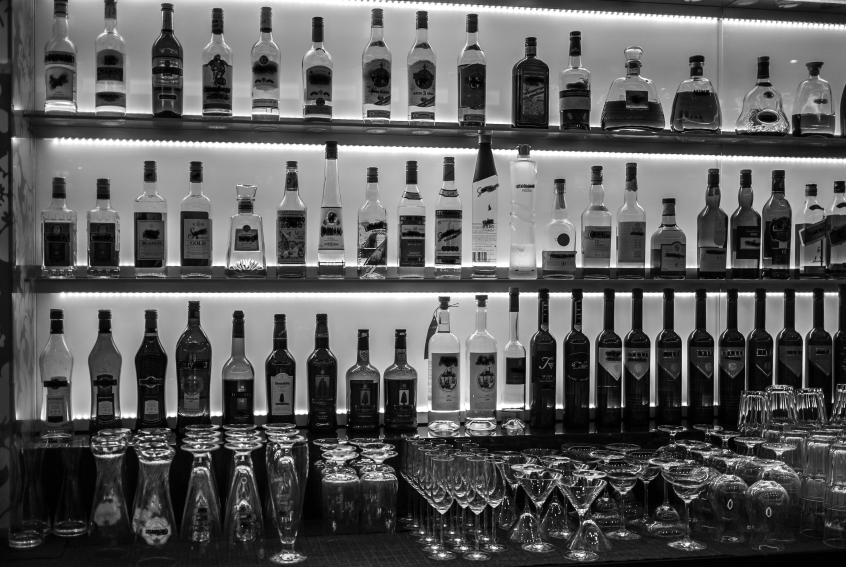
Raleigh Drunk-Driving Accidents: How Many Drinks Does it Take?
 It doesn’t take much alcohol to become impaired. Although an average person might be able to handle several drinks before feeling intoxicated, alcohol starts to affect the body after a single drink. Data released by MADD shows just how quickly a person begins to lose the ability to operate a vehicle safely. Surprisingly, you can have a drunk-driving accident after consuming only one alcoholic beverage.
It doesn’t take much alcohol to become impaired. Although an average person might be able to handle several drinks before feeling intoxicated, alcohol starts to affect the body after a single drink. Data released by MADD shows just how quickly a person begins to lose the ability to operate a vehicle safely. Surprisingly, you can have a drunk-driving accident after consuming only one alcoholic beverage.
A “Drink” is Not Just a Drink
Before getting into levels of impairment on a drink-by-drink basis, it’s important to clarify what a “drink” is. It has nothing to do with the size of the beverage, but rather the alcohol content is what matters. As NIH notes, even a beer isn’t “just a beer.” A light beer, for example, has about 85% as much alcohol as a regular beer. So, when calculating what exactly one drink is, the standard in the United States is a beverage consisting of approximately 14 grams of alcohol. In other words, a drink might be
- 12 ounces of beer (regular, not light, containing about 5% alcohol)
- 8-9 ounces of malt liquor (containing approximately 7% alcohol)
- 5 ounces of table wine (which is usually around 12% alcohol
- 5 ounces of hard alcohol like whiskey, gin, or rum (80-proof spirits, which are 40% alcohol)
How Much Blood-Alcohol Content Rises with Each Drink
There are many factors that influence how a person responds to alcohol. However, using only weight and number of drinks as a relative guide a 160-pound person would have a BAC of
- 020 after 1 drink
- 040 after 2 drinks
- 060 after 3 drinks
- 080 after 4 drinks (This is the legal limit.)
- 101 after 5 drinks
- 121 after 6 drinks
- 141 after 7 drinks
- 161 after 8 drinks
- 181 after 9 drinks
Degree of Impairment per Drink
The risk of having a drunk-driving accident begins as soon as alcohol is consumed, as impairment occurs after a single drink. Generally speaking, after
1 drink (0.02 BAC) a person becomes relaxed, begins to have trouble tracking objects, and has difficulty performing two tasks at once.
2-3 drinks (0.05 BAC) ability to focus, coordination, tracking, and ability to steer a vehicle, and response speed diminishes.
4 drinks (0.08 BAC) muscle coordination, concentration, judgement and perception are poor. Ability to process information is diminished.
5 drinks (0.10 BAC) ability to maintain lane position and break properly occurs; reaction time and ability to control oneself are lost.
7-8 drinks (0.15 BAC) vomiting typically occurs, balance is gone, and mental processing is minimal.
9+ drinks (0.18 BAC and up) blackouts occur. This is followed by alcohol poisoning and even death if consumption continues. Bear in mind that if the alcohol is consumed in a short period of time, a person might not feel intoxicated or ill right away.
Raleigh Drunk-Driving Accident Attorney
Even though the effects of alcohol aren’t always obvious right away, they do have an impact on how well a person drives. This is true whether a person has had a single drink or has surpassed the legal limit. Collisions involving intoxicated drivers often cause serious injury and death, simply because the person is not aware of what they’re doing. This leaves victims with huge medical bills, recovery time, and financial losses. If you’ve been hurt by a drunk driver, a court may award you reparations to cover these costs. For a no-obligation consultation, please contact us online or speak to one of our attorneys now by calling 919-833-5555.

